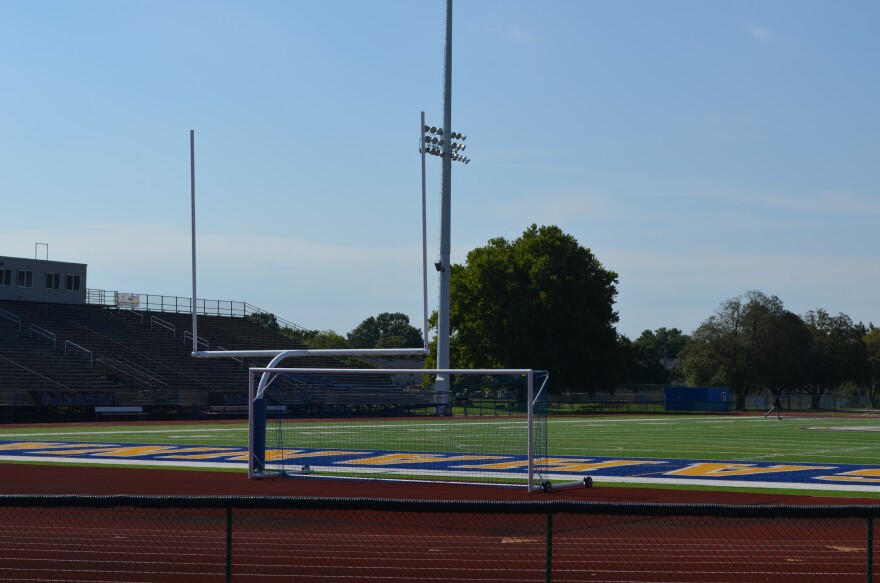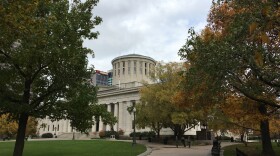High school athletes can start striking name, image and likeness deals, after a vote of the schools that make up the Ohio High School Athletic Association. This means Ohio will join 44 other states in allowing NIL deals at the high school level.
Nearly 79% of the 568 schools that voted approved of the change. A total of 447 schools in favor of the referendum and 121 schools voting against, while 247 schools abstained from voting on the NIL bylaw.
"We often don't push a 'yes' or 'no' vote on our referendum bylaws, but we did in this case because we felt this would be a lot better structure for NIL than no guardrails," said OHSAA media relations director Tim Stried in an interview.
The vote comes after a lawsuit filed on behalf of Wayne High School star wide receiver Jamier Brown of Dayton, whose lawyer Luke Fedlam said is missing out on over $100,000 from NIL deals.
"This really does reflect a significant change, and one of the things that Jamier and his family really wanted was for this change to be for all high school student athletes across the state," Fedlam said in an interview. "The vote really shows now that they've made a change for all high school student athletes."
"Jamier Brown and his family have gotten everything that they're looking for, which is that permanent change to the bylaws for OHSAA," Fedlam added. "So at this point, we've talked with OHSAA, and we'll start the process to dismiss the lawsuit."
The OHSAA was set to take up the issue of NIL deals at its traditional voting period in May, but the lawsuit forced the vote ealier, though Stried admits the organization had thought it might face a lawsuit from a different student-athlete this summer. The lawsuit filed on behalf of Jamier Brown resulted in a temporary order blocking the OHSAA from enforcing its ban on NIL deals for 45 days.
Stried said the new bylaw blocks students from being paid directly, prohibits NIL deals to influence a student athlete to go to a particular school, and ensures there’s no transfer portal like at the college level.
The results are a dramatic shift from 2022, when 67% of OHSAA schools voted against allowing NIL deals.
"I think the majority of our schools are not crazy about the idea of NIL at the high school level," Stried said. "Neither is the OHSAA, but as we all know, the courts have spoken many times. We cannot prevent a person from earning money on their name, image and likeness."
"This is merely the opportunity for those high school student-athletes to earn compensation—to partner with local pizza shops or local restaurants, local companies and brands, to help promote those products and services, usually to the social media followers, the other students that high school student athletes have," Fedlam said. "So this is a great opportunity to be able to use NIL to teach student-athletes business concepts and life skills."
"I think what a lot of people have had to realize is a drummer in the school's band can get paid because he's a good drummer. A student can get paid for a lot of things that they do well. But athletics was not one of those, and now it is," Stried said, adding that when California became the first state to allow college athletes to enter into NIL deals, that "really opened the door to now what we see at the high school level."
Fedlam said Jamier Brown has been working on NIL deals during the temporary order issued by the judge in his lawsuit. Brown, who's one of the top high school players in the country, has committed to Ohio State once he graduates in 2027.





